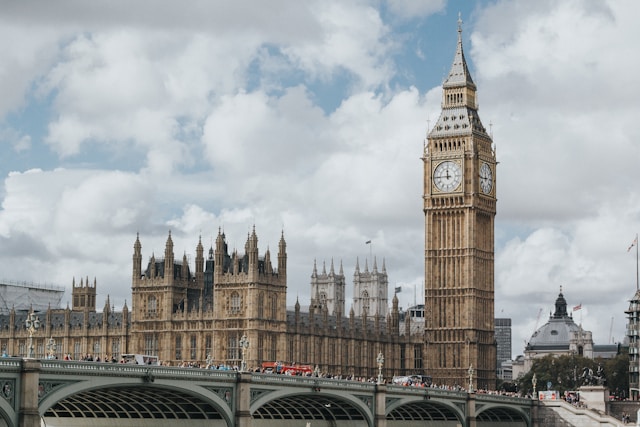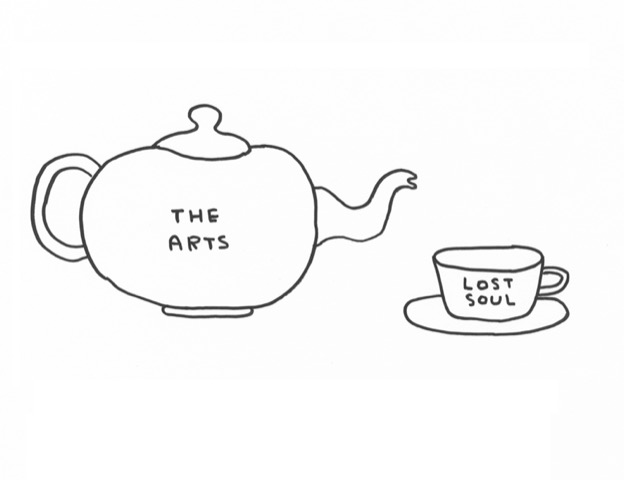
Policy
Core Expertise

Experience: Creative Health – The Arts for Health and Wellbeing
For the All-Party Parliamentary Group on Arts, Health and Wellbeing, Rebecca researched and drafted the Creative Health report, which was described by co-chair Lord Howarth of Newport as the ‘most comprehensive overview of the field to date’. You can read the full Creative Health report here and a shorter version of the report here.
The report came out of an inquiry that included expert meetings, with ministers and health and social care professionals, and 16 evidence-gathering sessions in Parliament which heard the wide-ranging views of more than 300 inquiry participants. In an attempt to influence policy, Rebecca scrutinised recent legislation and conducted a review of evidence suggesting that creativity, culture and heritage improved health and wellbeing. She also oversaw a call for practice examples, highlighting good practice around the UK.
Perhaps most importantly, Rebecca highlighted the connection between the arts and inequities. When the World Health Organization’s Commission on the Social Determinants of Health (chaired by Professor Sir Michael Marmot) reported in 2008, the editors of Arts & Health journal noted the ‘total absence of references to the arts’. As an antidote, Rebecca sought evidence of creativity, culture and heritage helping to mitigate the social determinants of health, and she arranged Creative Health according to the different life-course stages from birth to death.
Endorsing Creative Health, Marmot said: “The mind is the gateway through which the social determinants impact upon health, and this report is about the life of the mind. It provides a substantial body of evidence showing how the arts, enriching the mind through creative and cultural activity, can mitigate the negative effects of social disadvantage. Creative Health should be studied by all those commissioning services”.
A former curator of contemporary art, Rebecca introduced the APPG to the artist David Shrigley, who produced drawings that captured the spirit of creative health. Initially intended to accompany the short version of the Creative Health report, these drawings were taken up widely and turned into animations by Arts Council England.
Creative Health made 10 recommendations aimed at integrating the arts into government, health and care thinking. Progress has been made against each of the recommendations, perhaps most significantly against the first recommendation – that ‘leaders from within the arts, health and social care sectors, together with service users and academics, establish a strategic centre, at national level, to support the advance of good practice, promote collaboration, coordinate and disseminate research and inform policy and delivery’. This has given rise to the National Centre for Creative Health (NCCH), which recently conducted a review of the field five years after Creative Health was published.
To find out more, or to commission policy work, please contact policy[at]rebeccagordon-nesbitt.org